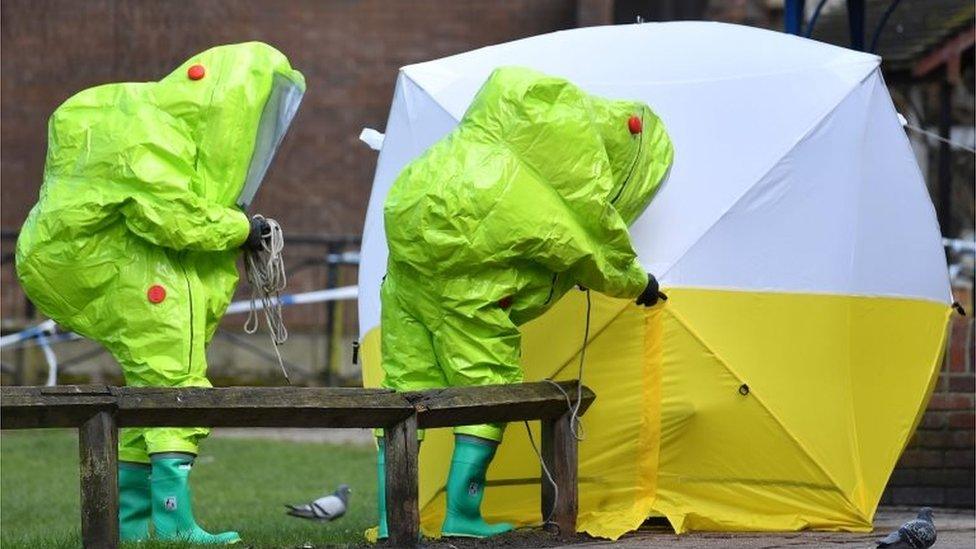Litter-picking ban ends years after Novichok attack
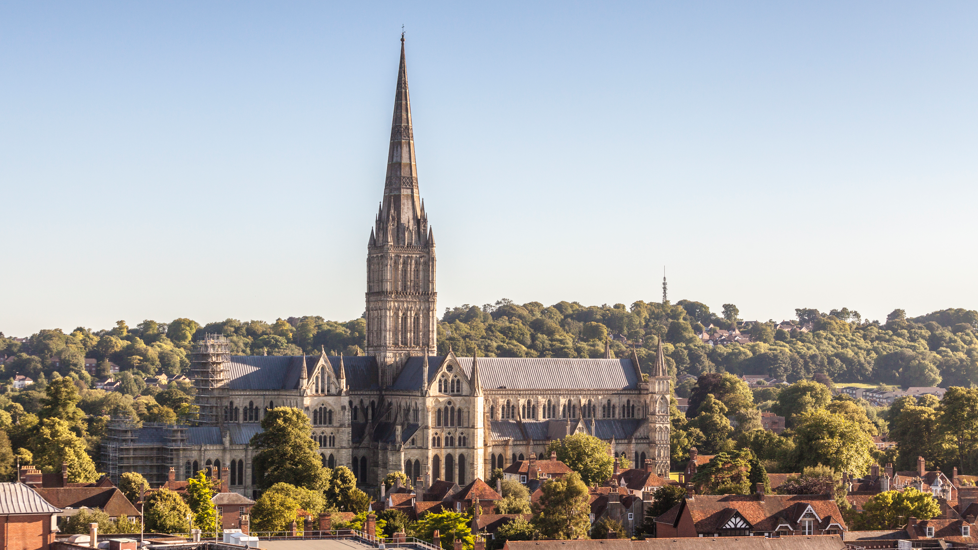
After Dawn Sturgess' death, officials urged Salisbury residents not to pick up other people's litter
- Published
A ban on litter-picking in Salisbury has been lifted - seven years after the Novichok poisonings.
The UK Health Security Agency said there is now "negligible to low risk" for those who pick up litter in the Wiltshire city.
In 2018, Public Health England issued advice saying "if you didn't drop it, then don't pick it up" after Dawn Sturgess, 44, died. She was inadvertently exposed to the nerve agent in June 2018 from a perfume bottle picked up by her partner.
The move comes nearly two months after a public inquiry held to establish what led to her death.
Counter terror police believe the bottle, which Ms Sturgess sprayed herself with, had been dumped by suspected Russian agents accused of targeting former spy Sergei Skripal.
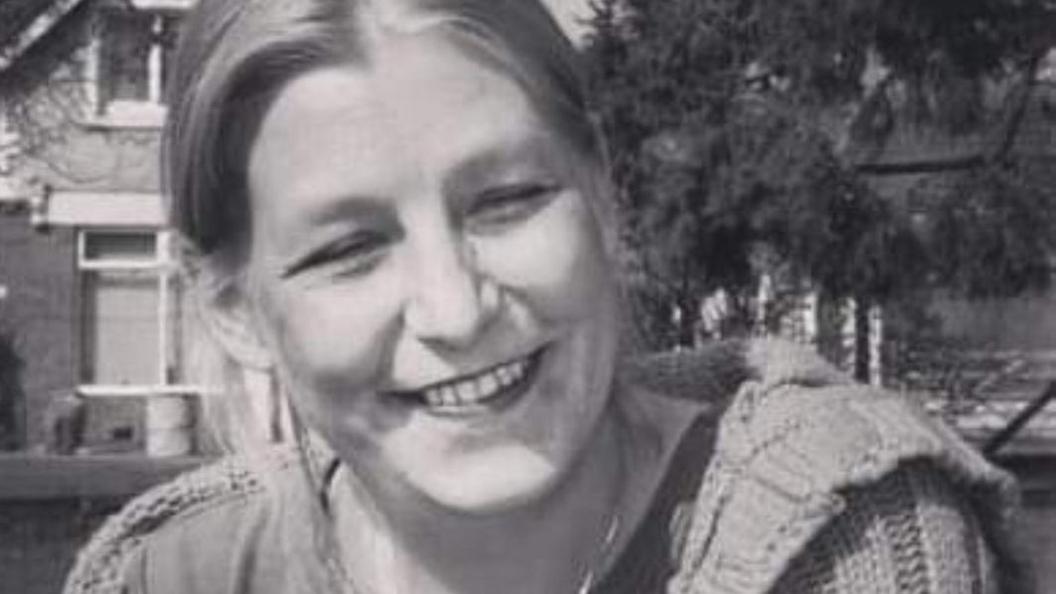
Ms Sturgess died after unwittingly coming into with the nerve agent through litter
In the letter sent on Thursday to Wiltshire Council and the Wiltshire and Swindon Local Resilience Forum, the agency advised the public to continue routine health and safety precautions when litter-picking.
Councillor Paul Sample, who shared the letter on social media, said he was "really pleased" with the decision.
"I know that there are lots of people in our community who like to pick up litter on their travels around Salisbury," he said.
"Although there are a few people whose lives have been changed forever, this is one more small step on the road to normality."
No further incidents
Professor Dominic Mellon, regional deputy director for health Protection, UKHSA South West said there have been "no further harms from exposure since the 2018 incidents and no evidence to suggest any ongoing presence of Novichok as a hazard to health".
"Our thoughts remain with those that were affected directly or indirectly by the incidents in 2018," he added.
Crime Next Door: The Salisbury Poisonings
Follow the public inquiry into the death of Dawn Sturgess.
Follow BBC Wiltshire on Facebook, external, X, external and Instagram, external. Send your story ideas to us on email or via WhatsApp on 0800 313 4630.
- Published18 November 2024
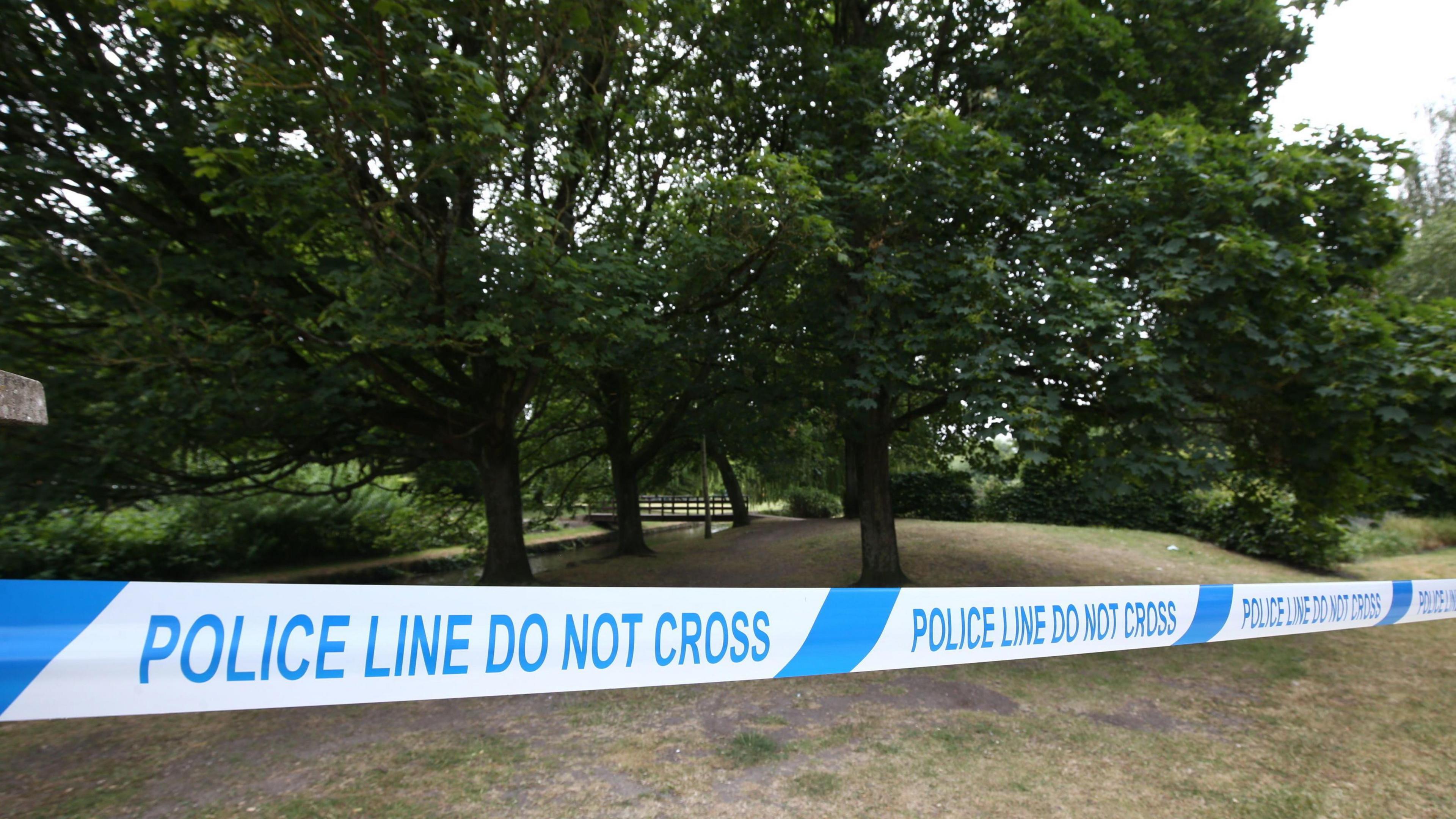
- Published7 April 2021
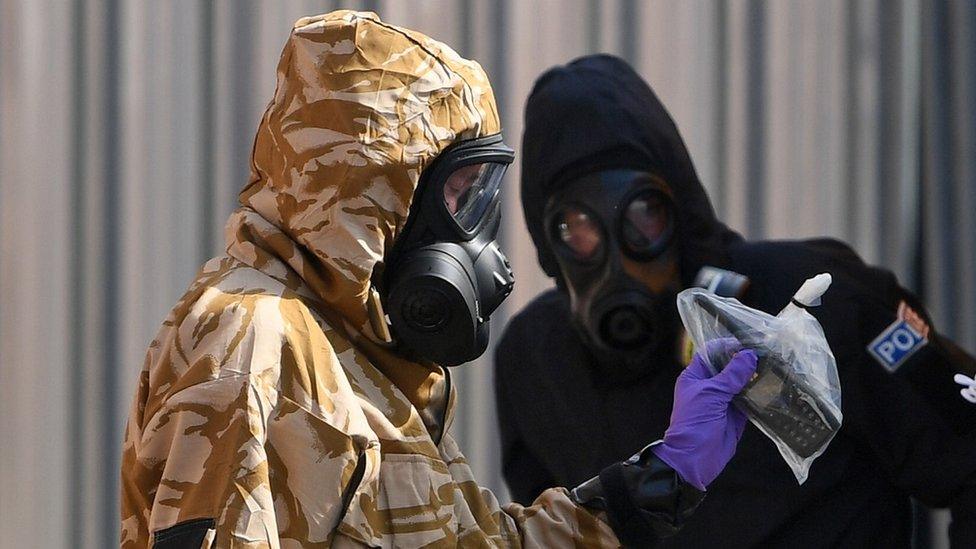
- Published4 March 2019
